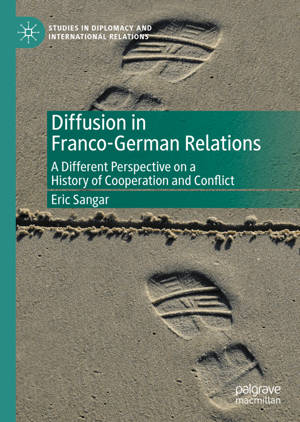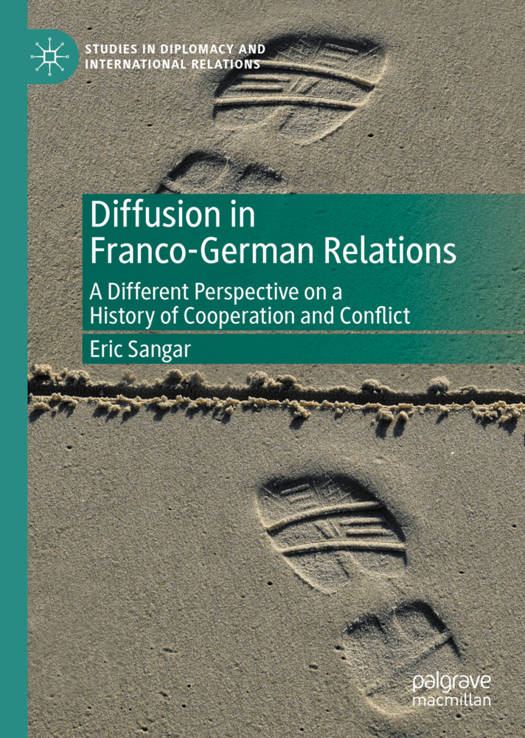
- Afhalen na 1 uur in een winkel met voorraad
- Gratis thuislevering in België vanaf € 30
- Ruim aanbod met 7 miljoen producten
- Afhalen na 1 uur in een winkel met voorraad
- Gratis thuislevering in België vanaf € 30
- Ruim aanbod met 7 miljoen producten
Diffusion in Franco-German Relations
A Different Perspective on a History of Cooperation and Conflict
Eric SangarOmschrijving
This book analyses and compares instances of the diffusion of political norms and ideas in the history of Franco-German relations. While this relationship is often described as a history evolving from enmity over reconciliation to friendship, the book uses the concept of diffusion as a complementary analytical perspective to emphasize how political norms and ideas originating in one society have influenced the other, especially in periods of intergovernmental conflict. Established in International Relations to explain transnational normative change in contemporary contexts, the framework of diffusion is heuristically useful to explore how various types of actors have contributed, using analytically different mechanisms, to normative change across the Rhine. The book presents eight case studies featuring various contents and mechanisms of ideational diffusion taken from three contexts of Franco-German history, including the French Revolution, the Franco-Prussian War, and Franco-German rapprochement after 1945. Arguing that phenomena that are often seen as genuinely 'national' evolutions, such as German nationalism or the French system of primary education, cannot be understood without taking into account the reception and emulation of norms from across the Rhine, the book should help students and scholars to overcome the limits of methodological nationalism when studying bilateral relationships, in the Franco-German context and elsewhere.
Specificaties
Betrokkenen
- Auteur(s):
- Uitgeverij:
Inhoud
- Aantal bladzijden:
- 243
- Taal:
- Engels
- Reeks:
Eigenschappen
- Productcode (EAN):
- 9783030360399
- Verschijningsdatum:
- 6/02/2020
- Uitvoering:
- Hardcover
- Formaat:
- Genaaid
- Afmetingen:
- 148 mm x 210 mm
- Gewicht:
- 462 g

Alleen bij Standaard Boekhandel
Beoordelingen
We publiceren alleen reviews die voldoen aan de voorwaarden voor reviews. Bekijk onze voorwaarden voor reviews.











